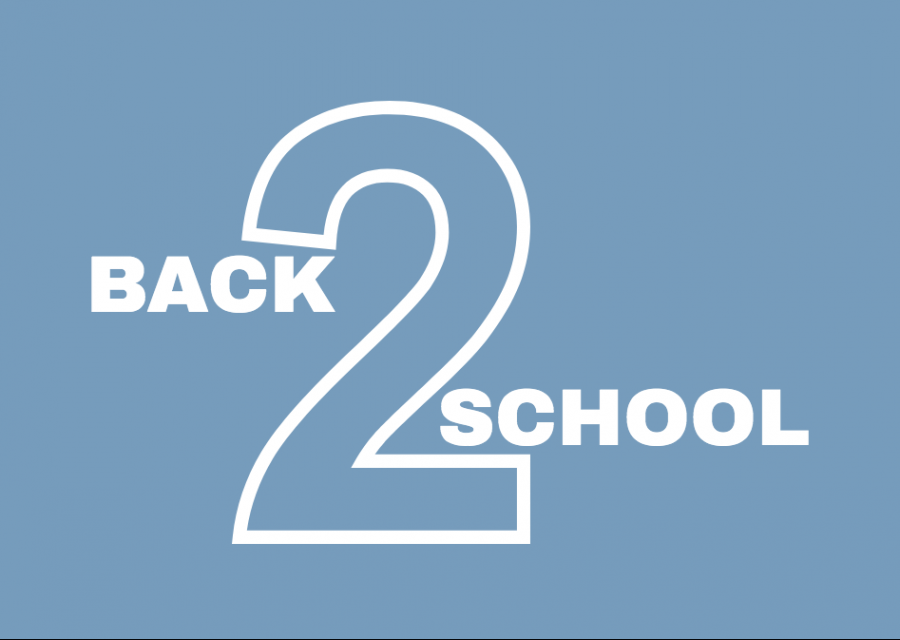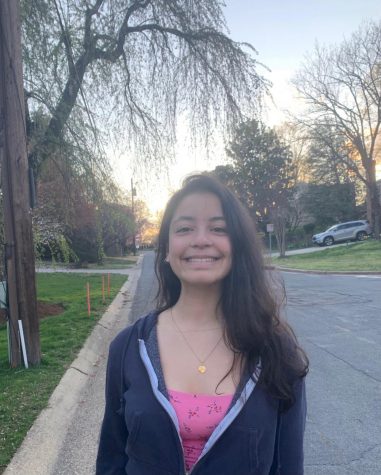Students in special education programs return to Whitman
The first set of students have returned to the Whitman campus.
March 19, 2021
When senior Nikhil Niyogi found out that he could return to school on March 15 with the rest of Whitman’s special education programs, he immediately began a search for a COVID-19 vaccination appointment. After an entire year of remote learning, and with teachers and students in special education programs eligible for vaccinations, the opportunity to head back to in-person classrooms was too good to pass up.
“I’m really excited to experience some aspects of senior life in person,” Niyogi said. “I miss pep rallies, homecoming and eating lunch at school, but I don’t think those things will be possible until the whole world gets vaccinated.”
While last year’s transition to virtual learning has impacted the entire Whitman community, students with disabilities in special education programs — which includes Learning for Independence, Facilitated Communication and School Community Based — have faced their own unique and challenging circumstances. They geared up to return to the building on March 15.
Senior Jamie Gordon, president of Best Buddies, Whitman’s special education outreach organization, was relieved to hear the news.
“This is the most important group of people that needs to be in school,” Gordon said. “Things like school and Best Buddies have been going better for high-functioning students who are verbal, but some people need trained workers to be with them and facilitate conversation and learning.”
Throughout the pandemic, LFI teachers Brooke Supinski and Ryan Mullin have worked with students, parents and siblings to provide support for those in the program, despite a number of complications. Virtual learning has meant adapting to new technology — including MCPS Classroom, the county’s centralized education utility, as well as breakout rooms in Zoom — to create an efficient learning environment for their students.
When the option to return back to school became available, Supinski and Mullin quickly realized it was the best way to cater to their students’ needs, they said.
“Our classes have been functioning as they always did, but there are, of course, components of our classes that we are missing,” Supinski said. “For example, a huge part of our LFI program is hands-on, community based instruction. This is where we get out into the community and practice skills such as public transportation, grocery shopping, going to the bank and more.”
Due to the wide range of needs in special education classrooms, COVID-19 restrictions have made it difficult to support every student effectively. Each pupil has their own specific needs. For example, some students require one-on-one support, while others do just fine in a larger classroom setting.
“The biggest hurdle has been the person-to-person interactions,” Mullin said. “I can’t walk by a student’s desk and tap on their paper to refocus them or quickly check work, and that has been something that is tough to compensate for.”
Virtual learning does have a few benefits, such as being able to eat outside of a scheduled lunch period, move freely around the house and tune in to class from family vacations. Sitting in front of a screen all day, however, is an acute struggle for the special education population.
Senior Devin Mitchell’s mom, Gena, has been especially involved with special education at Whitman since Devin joined the program her freshman year. She pointed out the new perspectives that families in the Whitman community gained due to the pandemic’s effect on learning.
“The general education parents now have an understanding of what we special education parents experience all the time,” Gena said. “We always worry about how our kids are being served, about them falling behind.”
Teachers from the LFI, FC and FCB programs are drafting ways to prepare students for the unfamiliarity of in-person school; acquainting students with distancing procedures is among them.
“Our teachers are so good at figuring out how to serve our needs because they have to deal with challenges regularly,” Gena said. “Devin even started practicing by wearing masks on zoom.”
Opportunities for social interactions, notably through Best Buddies, have been crucial to students’ happiness throughout the past year. Senior Maddie LaPrade, a student enrolled in both general and special education courses, expressed her excitement about returning to school.
“I want to go back to school because I really miss everybody, like my teachers and friends,” said LaPrade. “It’s been a hard senior year, but hang in there class of 2021!”










